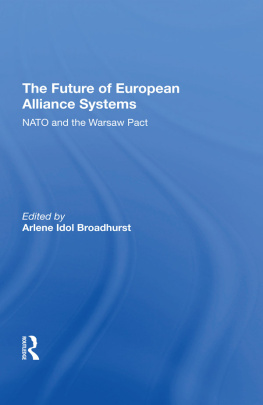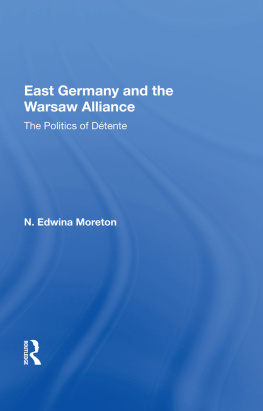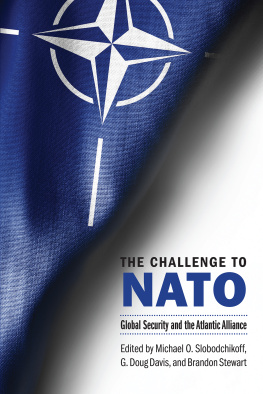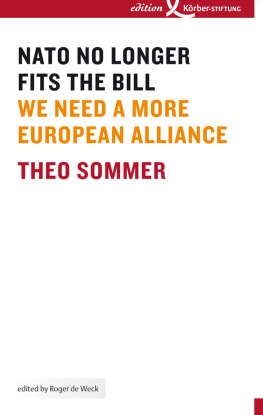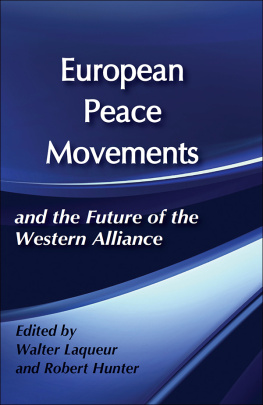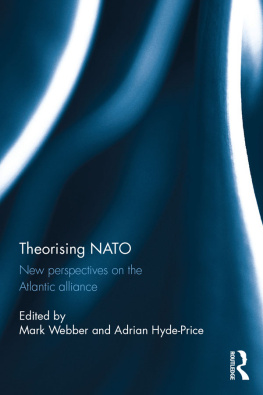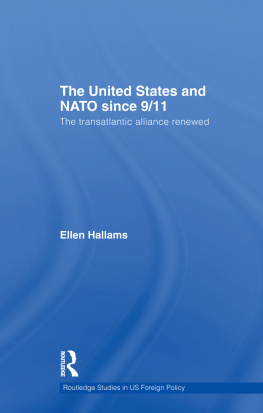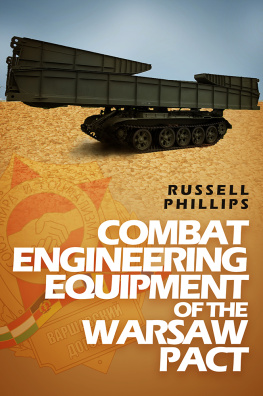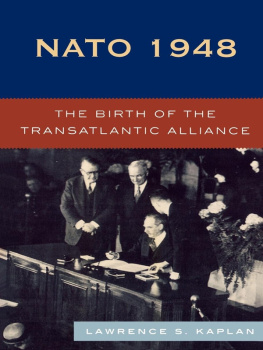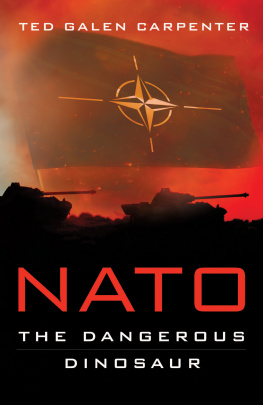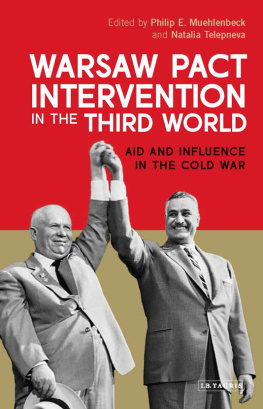The Future of European Alliance Systems
Also of Interest
* NATOThe Next Thirty Years: The Changing Political, Economic, and Military Setting , edited by Kenneth A. Myers
Communist Nations Military Aid , John F. Copper and Daniel S. Papp
* Managing U.S.-Soviet Rivalry: Problems of Crisis Prevention , Alexander L. George
East Germany and the Warsaw Alliance: The Politics of Dtente , N. Edwina Moreton
Arms Control in Transition: Proceedings of the Livermore Arms Control Conference , edited by Warren Heckrotte and George Smith
Soviet Allies: The Warsaw Pact and the Issue of Reliability , edited by Daniel N. Nelson
Brezhnevs Peace Program: A Study of Soviet Domestic Political Process and Power , P.M.E. Volten
Arms Control and defense Postures in the 1980s , edited by Richard Burt
Communist Armies in Politics: Their Origins and development , edited by Jonathan R. Adelman
* The Soviet Art of War , Harriet Fast Scott and William F. Scott
* Foreign Policies of Northern Europe , edited by Bengt Sundelius
Nuclear Deterrence in U.S.-Soviet Relations , Keith B. Payne
* The Armed Forces of the USSR , second edition, revised and updated, Harriet Fast Scott and William F. Scott
* Eastern Europe in the 1980s , edited by Stephen Fischer-Galati
*Available in hardcover and paperback.
Westview Special Studies in International Relations
The Future of European Alliance Systems: NATO and the Warsaw Pact
edited by Arlene Idol Broadhurst
Recent events in Afghanistan and Poland, as well as the Twenty-Sixth Party Congress, have raised questions about the future direction of the Warsaw Treaty Organization. Similarly, pressing issues such as the placement of long-range theater nuclear forces, burden sharing, and threats to the security of Europe from peripheral areas (for instance, the Middle East) call attention to the urgent need for a re-examination of priorities and strategies within the North Atlantic Treaty Organization. This book addresses these military considerations, as well as the political and social dimensions of European security. The distinguished authors discuss four major subjectsEuropean security perspectives, NATO, the warsaw Pact, and resource allocations for defensewithin the framework of comparative alliance approaches. Their detailed descriptions of current problems, diversities, and discussions within the two alliance systems offer insight into the differing ideas of what constitutes security.
Dr. Arlene Idol Broadhurst is engaged in research in Montreal, Canada. From 1978 to 1981 she was assistant professor of international relations in the German Program of the University of Southern California (Munich). She has also been a lecturer in international relations and government in Munich for the University of Maryland and instructor in political theory for the International Communication Agency in Madrid.
First published 1982 by Westview Press
Published 2019 by Routledge
52 Vanderbilt Avenue, New York, NY 10017
2 Park Square, Milton Park, Abingdon, Oxon OX14 4RN
Routledge is an imprint of the Taylor & Francis Group, an informa business
Copyright 1982 Taylor & Francis
All rights reserved. No part of this book may be reprinted or reproduced or utilised in any form or by any electronic, mechanical, or other means, now known or hereafter invented, including photocopying and recording, or in any information storage or retrieval system, without permission in writing from the publishers.
Notice:
Product or corporate names may be trademarks or registered trademarks, and are used only for identification and explanation without intent to infringe.
Library of Congress Catalog card NUmber 82-50954
ISBN 13: 978-0-367-29234-8 (hbk)
In May 1981, the University of Southern California, the U.S. Army Russian Institute, and the North Atlantic Treaty Organization sponsored an international symposium on the future of the European alliance systems. In addition to the contributors to this volume, the symposium deliberations were assisted by the following discussants: Dr. Hannes Adomeit (Stiftung Wissenschaft und Politik), Mr. Joseph J. Baritz (U.S. Army Russian Institute) Dr. Dieter Braun (Stiftung Wissenschaft und Politik), Mr. James Brown (Radio Free Europe), Dr. William E. Griffith (Massachusetts Institute of Technology), Professor Dr. Gerhard Schmitt-Rink (Ruhr Universitt), and Dr. Douglas T. Stuart (University of Southern California). Mr. Arnold Hottinger (Neue Zricher Zeitung) and Mr. Uwe Nerlich (Stiftung Wissenschaft und Politik) also contributed.
LTC Geoffrey Kleb, Commander of the U.S. Army Russian Institute, and his able staff, particularly Major Andrew Hulze, Director of Education, were instrumental in assuring the success of the symposium.
A dedicated staff at the University of Southern California in Munich endured the travails of symposium organization with graceful fortitude and equanimity. It was a pleasure to be associated with Lois Galpert, Linda Koenig, Judy Martin, Bill Nigh, Mary Sue Packer, Annette Reiserer, and Ray Russell.
Dr. Douglas T. Stuart, Director of the USC Germany Program, faculty colleague, and friend, adopted a policy of non-intervention with regard to the planning and organization of the symposiuma rare gesture of sensible program management. Dr. Lawrence L. Whetten was very helpful in planning the format of the symposium and I am also grateful to Dr. William Tow for many useful suggestions.
Alice Trembour and Kathy Wilson at Westview Press provided invaluable guidance as the book progressed toward completion. Allan Alio of Studio Alio, Montreal, prepared the statistical graphs and Mary Kapadia of MK Word Processing Ltd., Montreal, gave cheerful and much-needed assistance with typing and processing the manuscript.
A special thanks to Major James Reams, U.S. Army Russian Institute, for presenting to the symposium the best student paper on NATO. And vielen Dank to the students in Frankfurt, Munich, Augsburg, and Garmisch for their insightful comments and lively reactions to my theory lectures.
A.I.B.
Editors Note :
In recognition of the wondrous diversity of the English language, American and British spelling have been retained for this volume. For example, the reader will find organization or organisation, defense or defence, toward or towards, Romania or Rumania, center or centre, etc., depending upon each authors preference.

